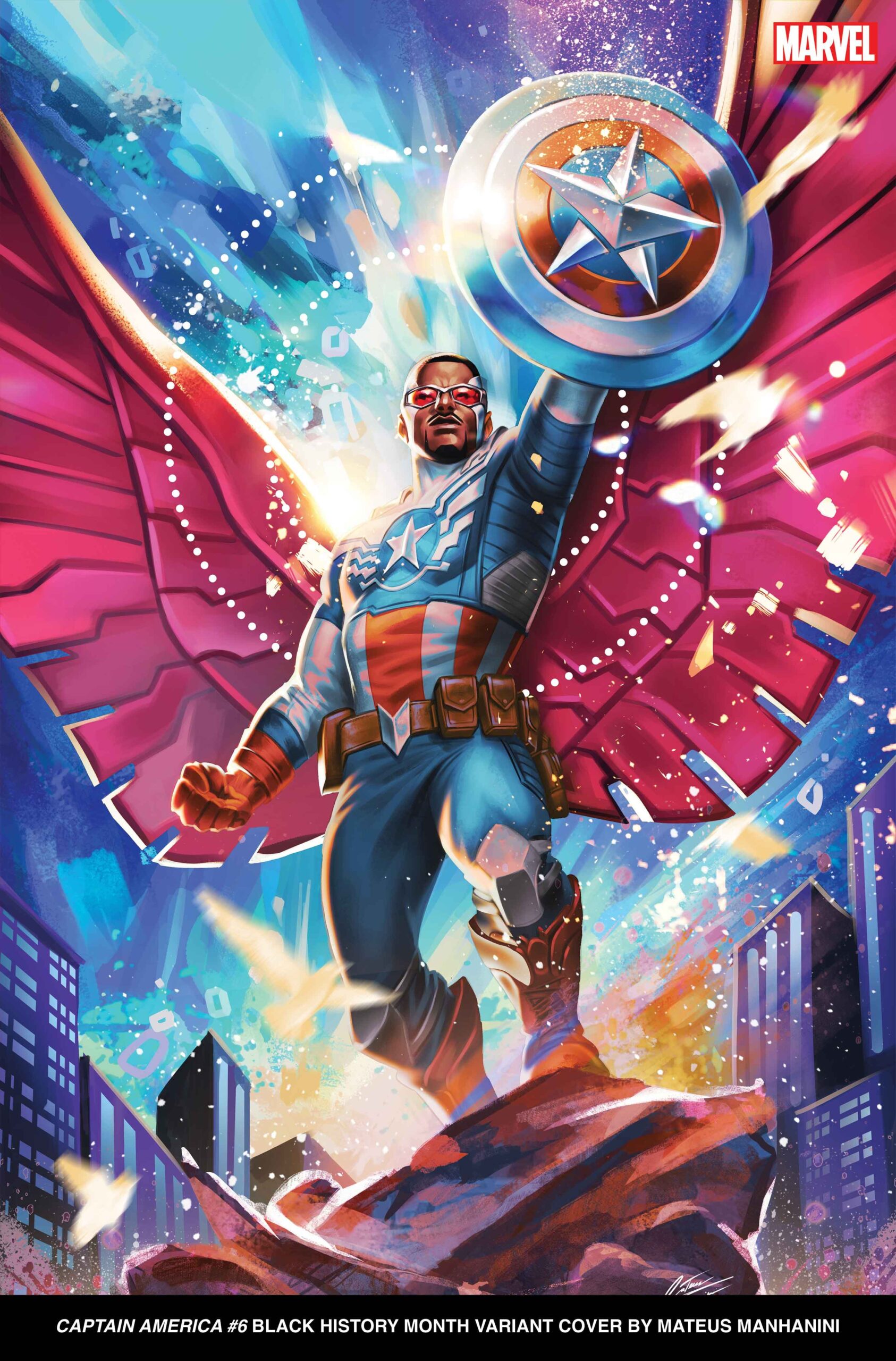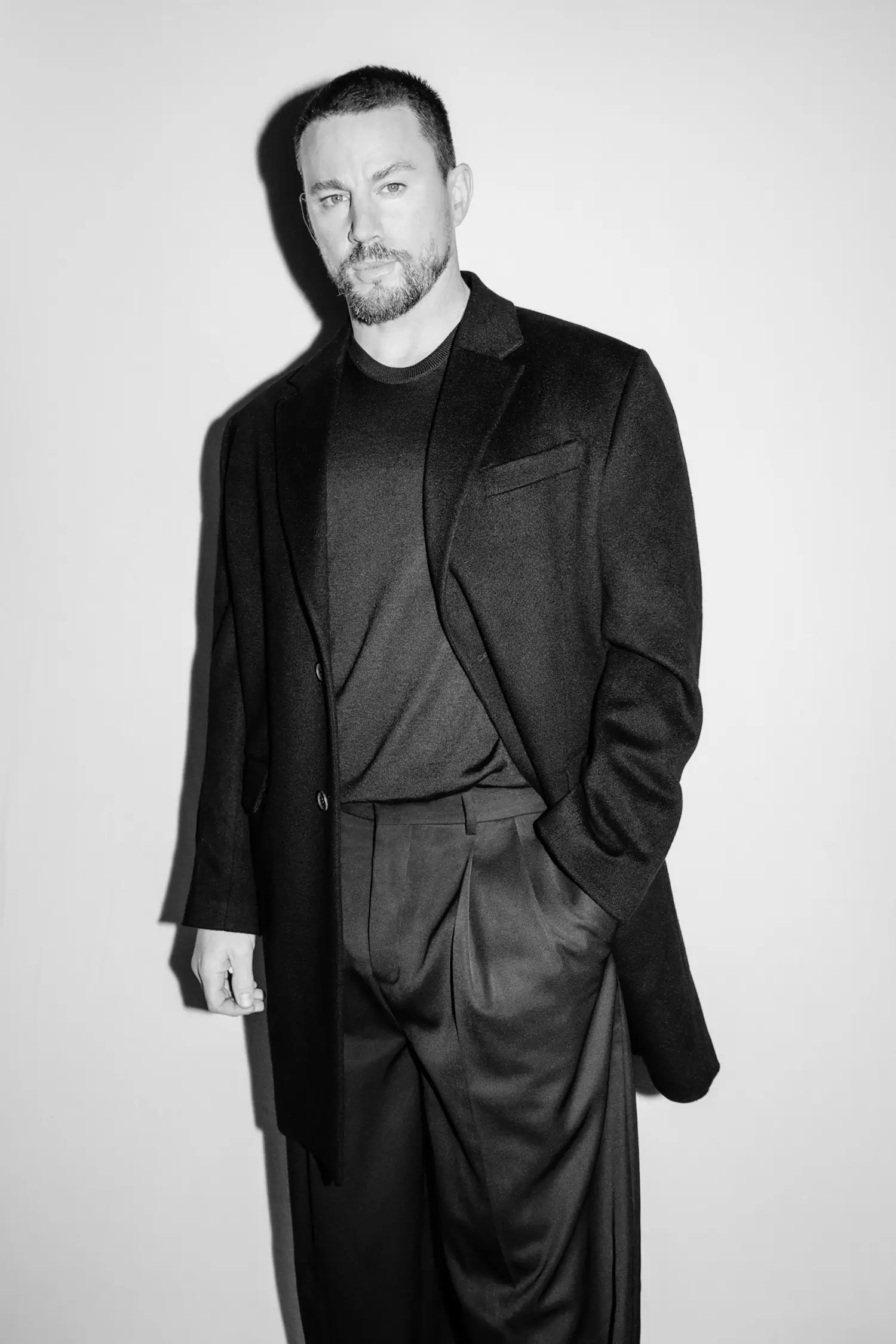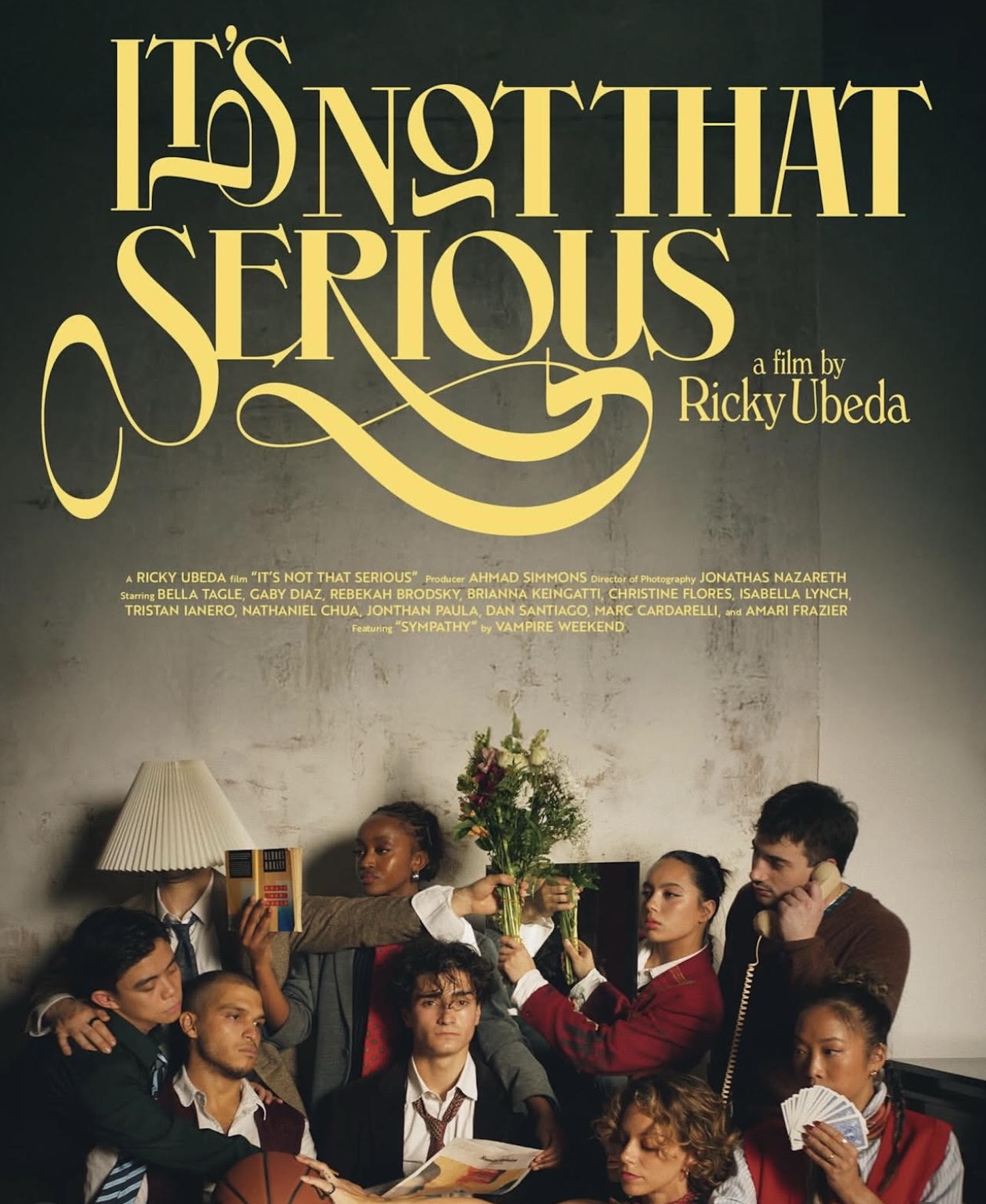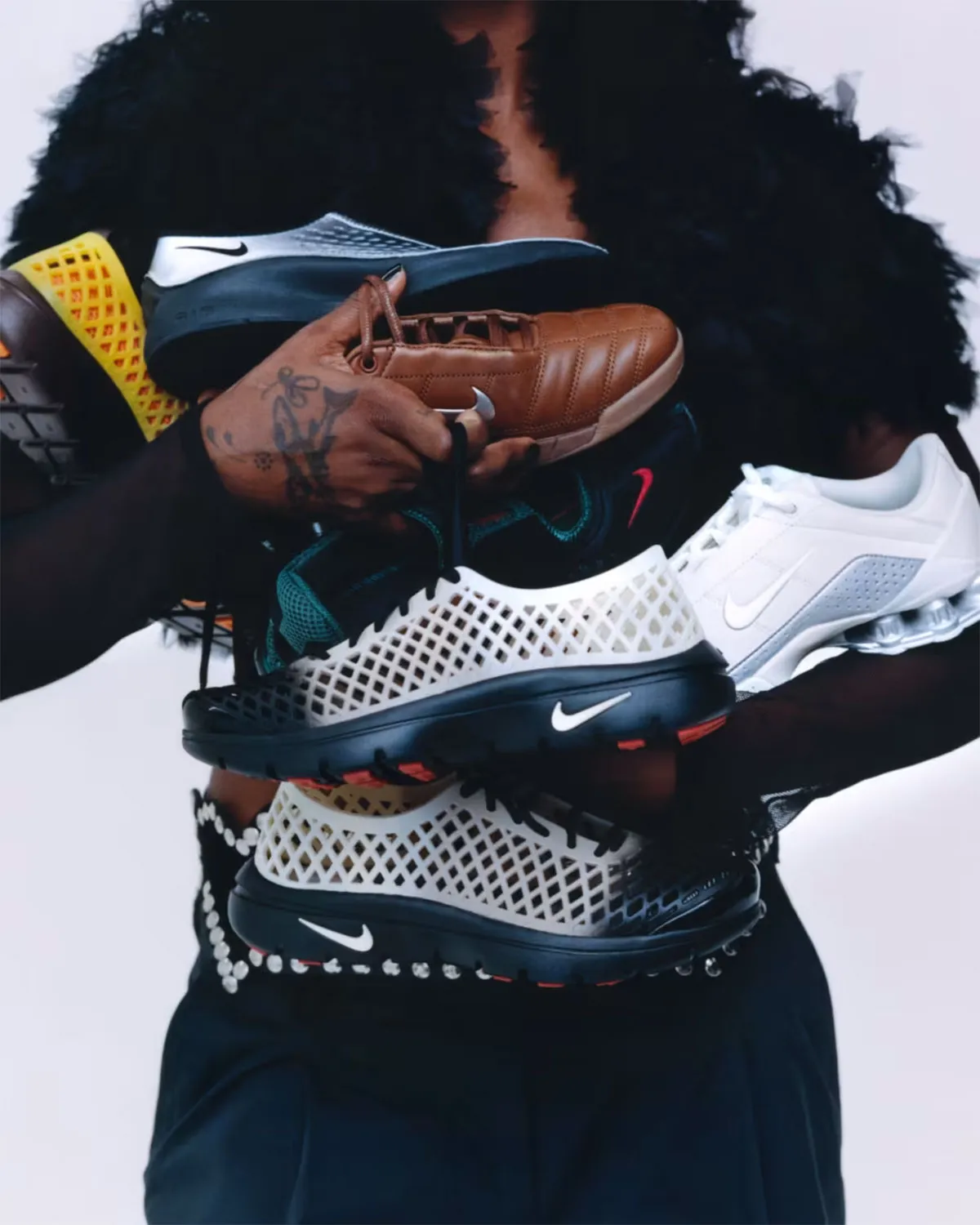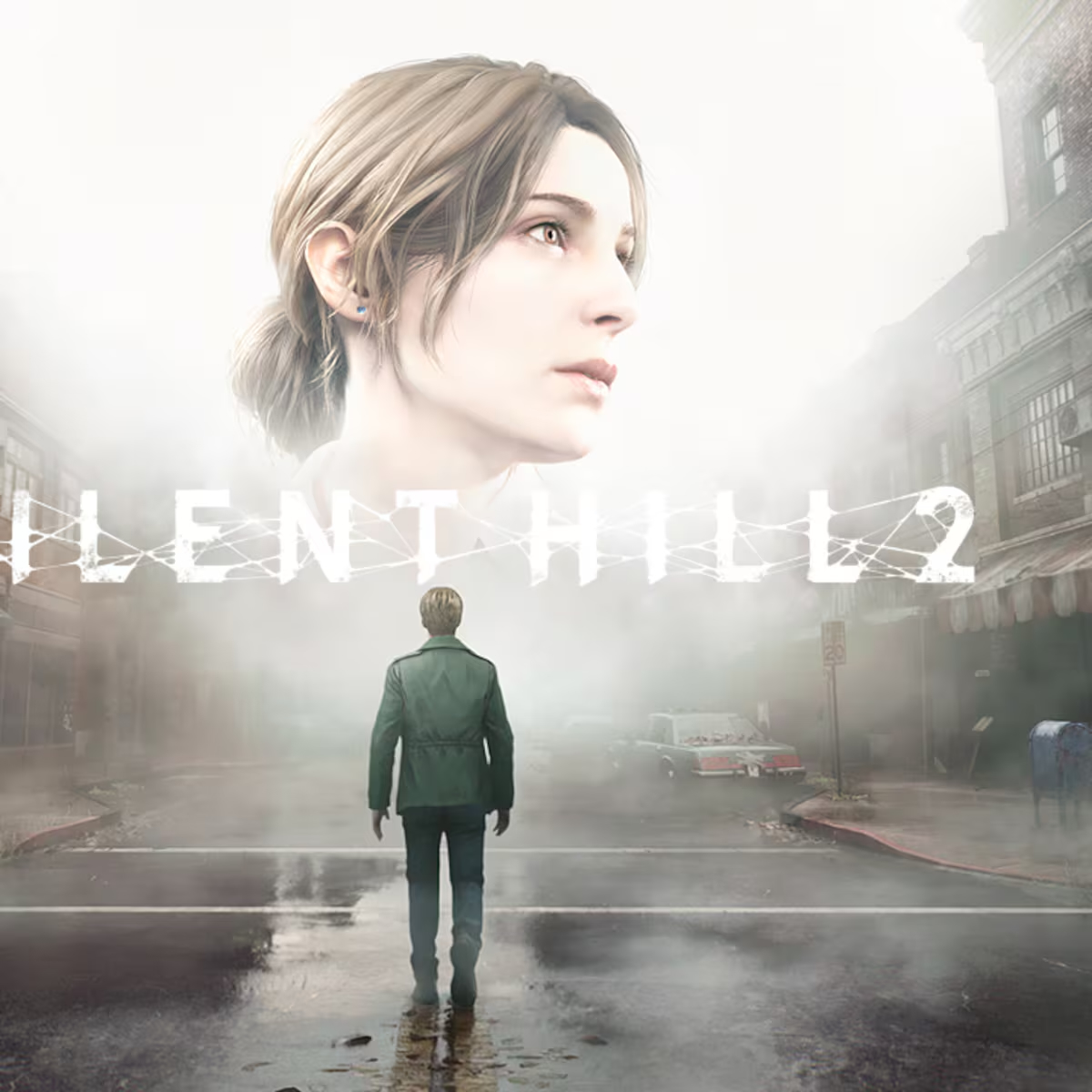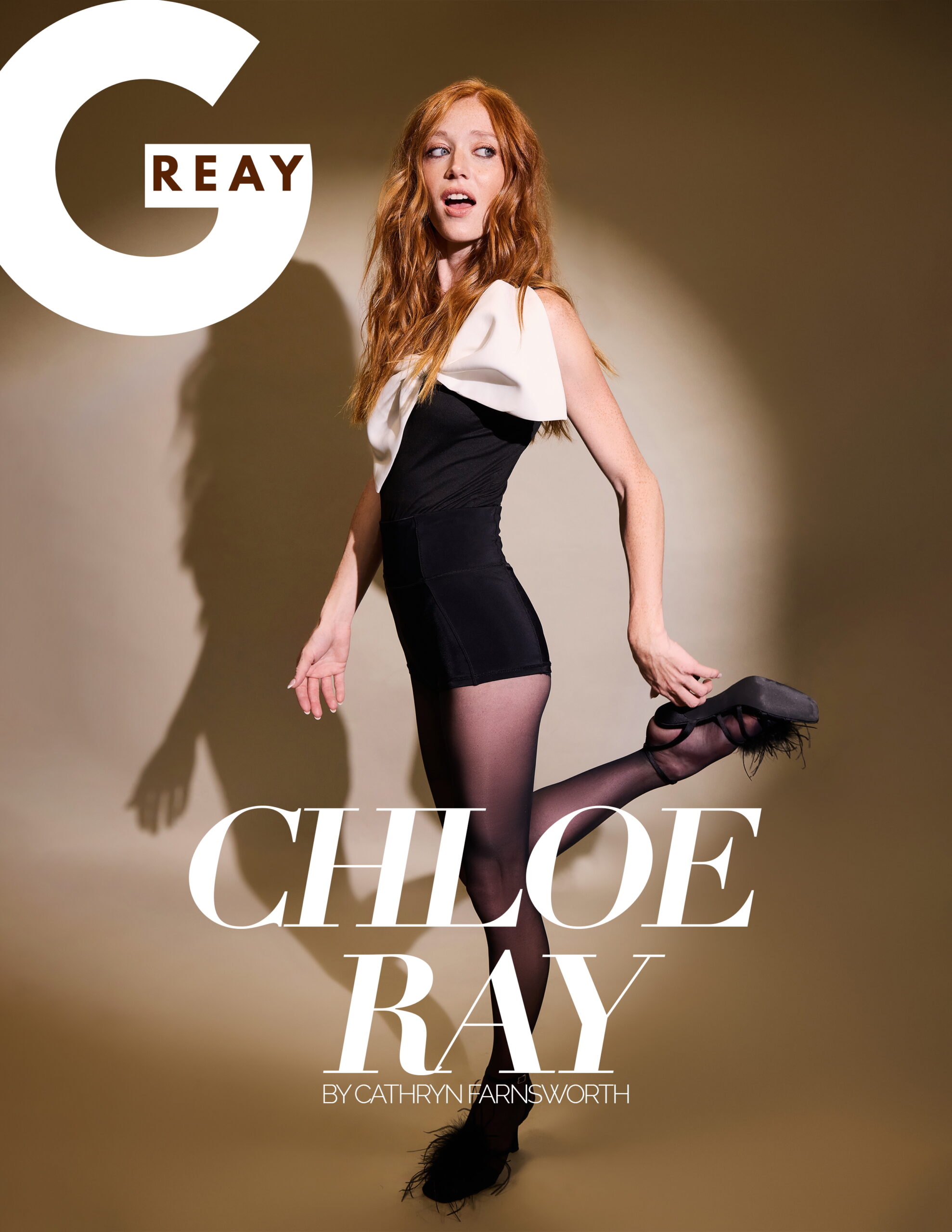
Noble Homes, Noble Vision: The Rise of Filmmaker Chloe Ray
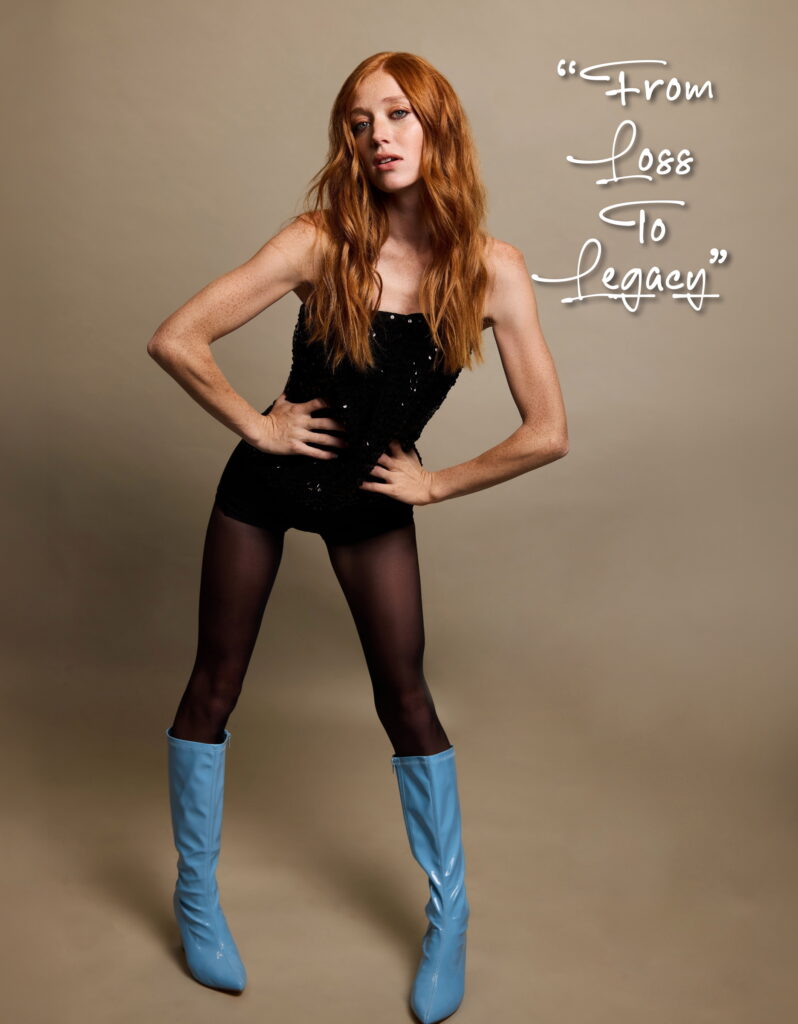
By Kyra Greene
There’s something unmistakably grounded about filmmaker Chloe Ray — a sincerity that cuts through the noise of Hollywood’s constant reinvention. Her series Noble Homes, co-created with her mother, isn’t just another mockumentary — it’s a layered love letter to community, family, and the fragile idea of the American Dream. Born from personal loss, shared vision, and a deep respect for legacy, Noble Homes finds its strength in authenticity. For Ray, storytelling isn’t about chasing trends — it’s about capturing humanity at its most unfiltered, one imperfect laugh at a time.
Let’s start with Noble Homes—how did the concept evolve from your mother’s original idea into a shared creative vision between the two of you?
My mom wanted to use my grandmother’s legacy as a way to give back to her community — bringing me on to direct, her acting clients to star, and her literary client, Bridget, to write the pilot. Noble Homes wasn’t our first idea, but when the concept of a real estate comedy came up, everything seemed to fall into place — we had access to affordable locations, a talented cast already on board, and a format that quietly paid tribute to my grandmother’s favorite shows. Still, something felt incomplete. It didn’t sit right with me to create a show about housing without acknowledging the real-world crisis surrounding it — the communities displaced by gentrification, and the millions struggling to afford a place to live. We began researching – interviewing affected communities, and weaving those insights into the foundation of the show. That’s when we all started to know we had something really special on our hands.
Noble Homes has been described as “The Office meets Selling Sunset.” What inspired that tone, and how do you find the balance between satire and sincerity in your storytelling?
First off, what an honor – we’re huge fans of both. I think that fandom is what makes a great filmmaker – I study the greats and hope to capture even an ounce of their magic. For Noble Homes, the tone was heavily inspired by Gilmore Girls and Parks and Recreation – two shows that seamlessly blend the power of community with the topical criticism of it. The good ole “Ha, Ha, Hmm,” as Leslie Knope would say.
The show reflects two very different generational views of the American Dream. How did you and your mom navigate those perspectives while shaping the narrative?
I am so lucky to have been raised by a strong woman who has always championed doing the right thing for your community. When the people you surround yourself with are open to hearing perspectives and experiences from others, there is seldom navigation to be done, rather growth and understanding. Slight generational differences simply highlighted areas where we could bridge the gap and bring both perspectives together.
Losing your home and your project’s footage in the *Easton Fire could have been the end of Noble Homes. How did you find the strength to rebuild, and did that experience reshape your approach as a creator?
Fortunately, with Noble Homes, we were able to recover an uploaded reference link, saving us from hundreds of hours of lost work. If Noble Homes hadn’t been completed, we likely wouldn’t have gotten into Austin for another 2-3 years, if at all! The reality is that when a tragedy like the Eaton Fire occurs, people’s lives are changed permanently, and for creatives in our community, it is not just a few months of recovery, but years of playing catch-up. Even then, projects are a small loss: the community we knew and loved is gone forever – neighbors displaced, lives lost, and the plot of Noble Homes playing out in real time as big business swoops in to gentrify the community, permanently reshaping the fabric of our town.
Your story intertwines three generations of women—your grandmother’s memory, your mother’s vision, and your own voice. What does legacy mean to you in the context of your art?
For me, it’s the women who came before me and how they helped me get to where I am today. Noble Homes, in particular, reshaped the way that I understand legacy – especially in the context of the films I put into the world. My grandmother grew up in rural Illinois and, alongside my grandfather, worked hard to provide a good life for their daughters and grandchildren. If you could ask my grandmother about legacy, she would likely say that she has none. But when I look at her, I see a woman whose strength and sacrifice laid the foundation for everything my mother and I have been able to achieve. Growing up, I always wanted to leave a big impact on the world; however, working on Noble Homes has shown me that my legacy doesn’t need to be “big” to be impactful. I want to make art that brings attention to what matters to me, and if even one person feels inspired to take a small step because of it, that’s a legacy worth leaving. Just like my grandmother’s.
As a filmmaker, what drew you to the mockumentary format, and what do you think it allows you to say about modern culture that other genres can’t?
The mockumentary format calls attention away from the filmmaking itself, redirecting focus onto what matters most: the actors and the writing. It feels spontaneous and voyeuristic — but that’s the magic trick: it’s all carefully scripted and planned. At its best, you get to be a fly on the wall and let the emotion of the scene guide the work. We keep the zooms loose, the camera loose, and the direction loose — we’re staging real life, then capturing it as if it weren’t staged at all. These moments of real spontaneity are exactly what make the show feel authentic and have real impact.
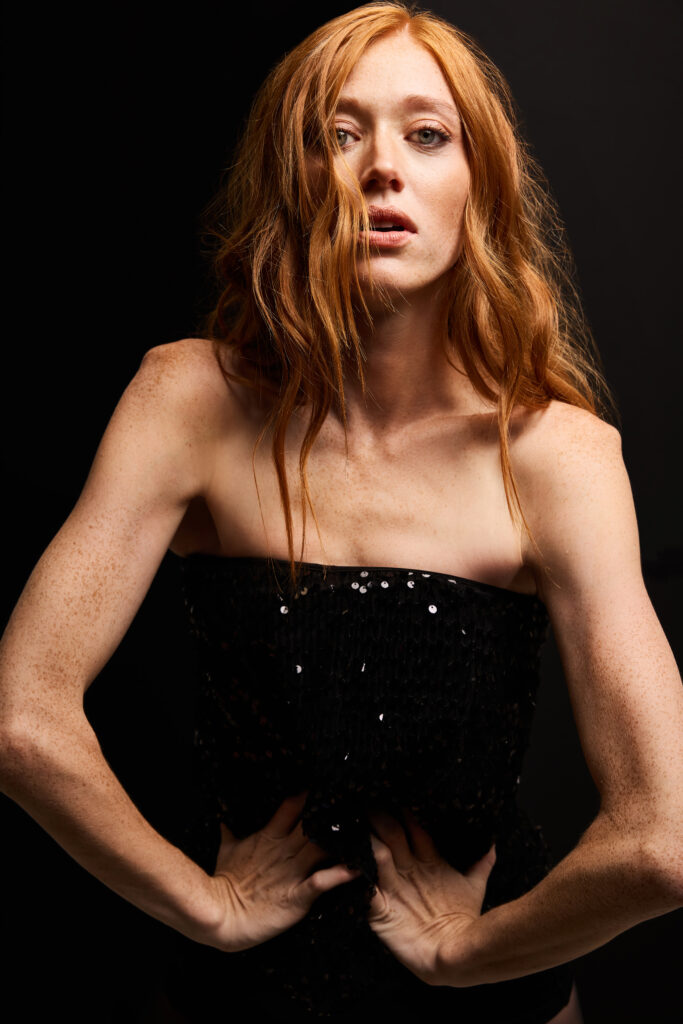
You have such a distinct visual and personal style—colorful & unapologetically bold. How does your fashion sensibility connect to your creative identity behind the camera?
Fashion, in particular, lets me translate who I am into something visible, tactile, and ever-evolving. It’s wearable storytelling— curating color palettes that evoke moods and experimenting with silhouettes that change how I move through the world. A great outfit doesn’t just express confidence — it creates it and allows me to say something without saying a word.
You’ve spoken about self-care and balance as essential to sustaining creativity. What does that look like for you amid the chaos of production and post-production?
Self-care and balance are so important because they are nearly impossible to fit in. I have no control over the ups and downs of production and will go weeks without a regular night of sleep or enough time to cook myself a meal, because you just have to accept it as it comes. It truly is more gruesome than glamorous, hence why I can never get makeup on or a good photo behind the scenes. As a director, putting myself last becomes the default. But I’ve learned (the hard way) that I can’t lead well if I’m not caring for myself first. I have to fight that instinct — not for vanity or comfort, but so I can show up fully for my cast, my crew, and my show, ready for whatever the day throws at us.
Your next project, Creepy AF, flips to horror-comedy—a totally different energy from Noble Homes. What excites you most about exploring that genre shift?
Creepy AF felt like a return to form after the genre bend that was Noble Homes. I’ve spent the last decade trying to make movies, and making television couldn’t be more different. I really had to study up on comedic styles and tones to ensure that the story we captured mimicked and built upon those I see on my TV every week. Working on Noble Homes pushed me as a director to step away from what I would describe as my “style” and explore what the show needed to be. Building this muscle on Noble Homes helped me tremendously when working on Creepy AF. Although the film was a return to form, I led with a similar approach of breaking down what was best for the script and story. Stepping outside of my comfort zone on Noble Homes built both my confidence as a director and my ability to mold to the moment on set.
You represent a new generation of storytellers unafraid to mix humor, heart, and social commentary. What kind of stories do you hope to keep telling as your career evolves?
With my company, Two Other Trees, I hope to unapologetically prop up original stories and voices that might otherwise not have the chance. I am honored to be a part of a generation unafraid to inspire change and stand up for what they believe in. I can only hope to be an authentic representation of my generation and focus on telling stories about what makes the current moment so unique and special.
In a landscape where content moves faster than meaning, Chloe Ray stands as a reminder that storytelling can still build something lasting — something noble. Her voice carries both the weight of heritage and the boldness of a new generation, creating work that reflects, heals, and dares to ask questions. Whether she’s reimagining housing crises through comedy or leaning into the chaos of horror-comedy with Creepy AF, Ray continues to build worlds that challenge and charm in equal measure — proving that sometimes, legacy isn’t what you inherit, but what you create.
Photographer: Cathryn Farnsworth @cathrynfarnsworth
Words: Krya Green @noteasybingreen
HMU: Cherie Combs @cheriecombs
Nails: Julie Ta Melody


